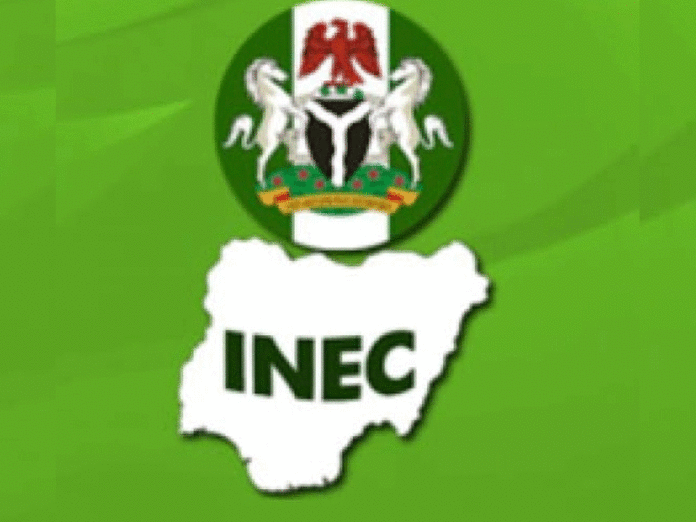By Onyebuchi Ezigbo in Abuja
Independent National Electoral Commission (INEC) has expressed support for the efforts being made to address the issue of women’s under-representation in governance in the country.
The Commission regretted that participation of women, youths and Persons With Disabilities(PWDS) in political space in Nigeria has remained low thereby trying to undermining the nation’s democracy.
In the same vein, the Executive Director of Policy and Legislative Advocacy Centre (PLAC), Mr. Mr Clement Nwankwo said since political parties are the only platforms for candidates to contest elections in Nigeria, it is therefore important that candidates presented by the parties to contest should be inclusive of the population demography and diversity.
INEC’s Resident Electoral Commissioner incharge of Niger state Prof. Sam Egwu, stated this at a Roundtable on Strengthening Internal Democracy with Special Focus on Gender and Social Inclusion organised by Policy and Legal Advocacy Centre(PLAC) on Wednesday in Abuja.
Egwu said that Nigeria has continued to record low representation of women in political offices, about four per cent, while young persons, as well as PWDs have also been excluded from participation in elective offices.
He said: “Continued exclusion of these categories of persons poses a major challenge to Nigeria’s claim to a democratic practice and amounts to denial of citizenship rights.
“Nigeria has only paid attention to territorially based diversities which are ethnoregional differences; even then poorly managed,” he said.
Egwu said that issues like ideology of patriarchy, culture, resistance of parties to democratic practices, lack of economic power, low level of mobilisation of women, weak regulation, among others are responsible for the near exclusion of women from politics.
“Mechanisms are therefore required to address the challenge of women’s under-representation and reach a gender balance in political institutions, especially political parties,” he said.
Egwu said that the 2019 elections has brought the lowest voter turnout in Nigerian history and a drop in the participation of women, youth, and PWDs.
According to him, party leaders appeared to have recognised the need to represent the needs of the different constituencies better in order to win elections.
He said that despite the efforts of the party leaders, the situation that keep women and youth out of participation still prevailed considering the outrageous costs of obtaining nomination forms.
He said that what was required was purposeful engagement to challenge barriers that limited their ability to exercise their full rights and responsibilities on an equal basis with others.
Egwu said that political parties had to be pressured by regulatory bodies, civil society and citizens to entrench party quotas that were guaranteed in law as a means of changing outcome.
Egwu called for the enactment of laws to help in boosting the participation of marginalised groups in Nigeria .
The Executive Director of PLAC said that the event was organised with support from the MacArthur Foundation to beam search light on the how to increase the participation of women ,youth and PWDs in politics.
Nwankwo said that political parties were the only platforms for candidates to contest elections in Nigeria so it was therefore important that candidates presented by the parties to contest were inclusive of the population demography and diversity.
He said that in Nigeria, women currently occupied only 21 out of 469 seats in the National Assembly, making Nigeria the worst performer in the West African Region on the representation of women in parliaments.
Nwankwo said that the roundtable was organised to proffer recommendations and to advocate for political inclusion of women and other marginalised groups ahead of the 2023 general elections.
On his part, the National Chairman of the Inter-Party Advisory Council (IPAC), Yabagi Sani said that the council was aware of the challenges being faced by PWDS,women and youths and was working to deepen democracy by increasing their representation.
“The essence of democracy is inclusion, and in doing that there is need to key into the critical mass of the Nigerian population in particular who are the largest population of the voting community.
“This of course are the women and youths ,that is why IPAC finds this meeting very important,” he said.
Yagbagi said that IPAC has plans to create more space and work to increase the participation of the marginalised groups ahead of the 2023 elections .
Also, Africa Director ,MacArthur Foundation, Kole Shettima
said that there was need to encourage youths ,women and PWDs to engage in politics from the grassroots and not to aim straight at presidency.
Shettima said that all hands must be on deck to guarantee the participation of these groups to deepen Nigeria’s democracy.


